Scientists at the University of Hawaii at Manoa have discovered that deep-sea mining waste can strip vital nutrition from the ocean's twilight zone, replacing natural food with nutrient-poor sediment. The resulting "junk food effect" could starve life across entire marine ecosystems, according to a study published on November 6 in Nature Communications.
The research, conducted in the Pacific Ocean's Clarion-Clipperton Zone (CCZ), found that sediment discharged during deep-sea mining plumes can deplete the area of essential nutrients, such as iron and phosphorus. These nutrients are crucial for the growth and survival of phytoplankton, the base of the ocean's food web. Without these nutrients, phytoplankton populations decline, leading to a cascade of effects throughout the ecosystem.
"We were surprised to find that the sediment from deep-sea mining plumes was so effective at removing nutrients from the water," said Dr. Rachel Haycroft, lead author of the study. "This has significant implications for the entire ecosystem, as phytoplankton are the primary producers of the ocean."
The CCZ is one of the most biologically rich regions of the deep sea, with a unique combination of hydrothermal vents, seamounts, and other geological features that support a diverse array of marine life. The area is now the focus of growing industrial interest, with several companies seeking to extract copper, gold, and other metals from the seafloor.
However, the study's findings raise concerns about the potential environmental impacts of deep-sea mining. "The ocean's twilight zone is one of the most understudied and underprotected ecosystems on the planet," said Dr. Haycroft. "We need to be careful about how we manage this area, as the consequences of our actions could be far-reaching and devastating."
The study's results have significant implications for policymakers and industry leaders, who must balance the economic benefits of deep-sea mining with the potential environmental costs. "This study highlights the need for more research and regulation in the deep-sea mining industry," said Dr. Haycroft. "We need to ensure that we're not sacrificing the health of the ocean for the sake of profit."
The University of Hawaii at Manoa is continuing to study the impacts of deep-sea mining on the ocean's twilight zone. The research team is working with policymakers and industry leaders to develop more sustainable and environmentally responsible practices for deep-sea mining.
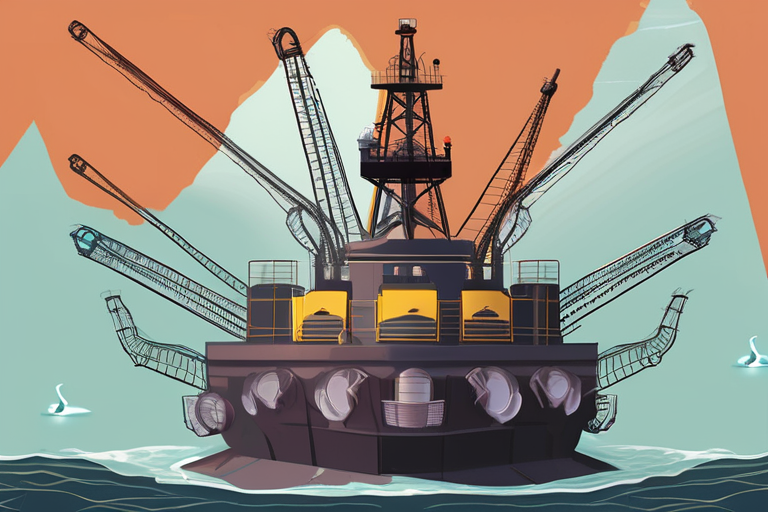


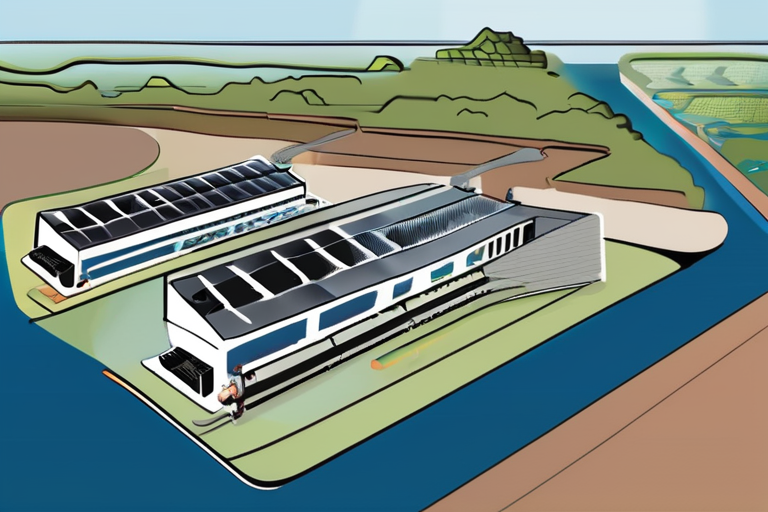
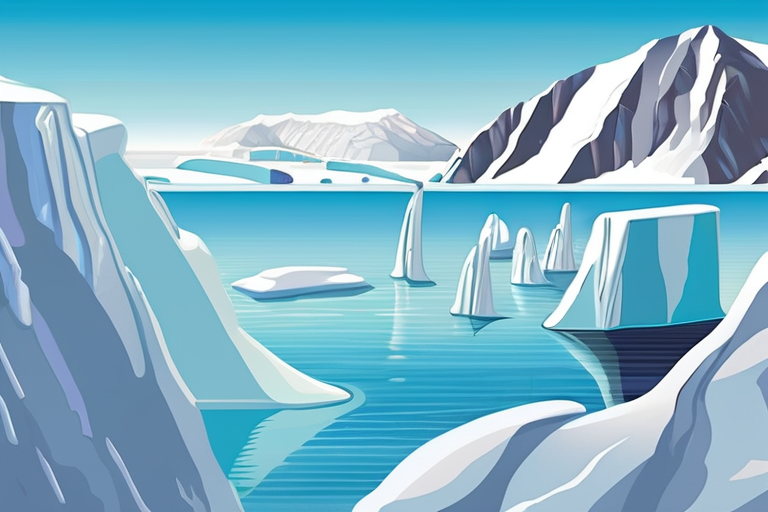
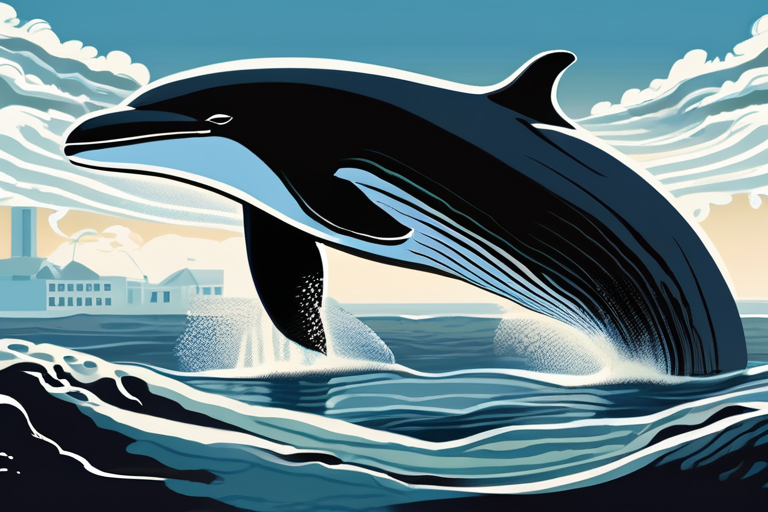
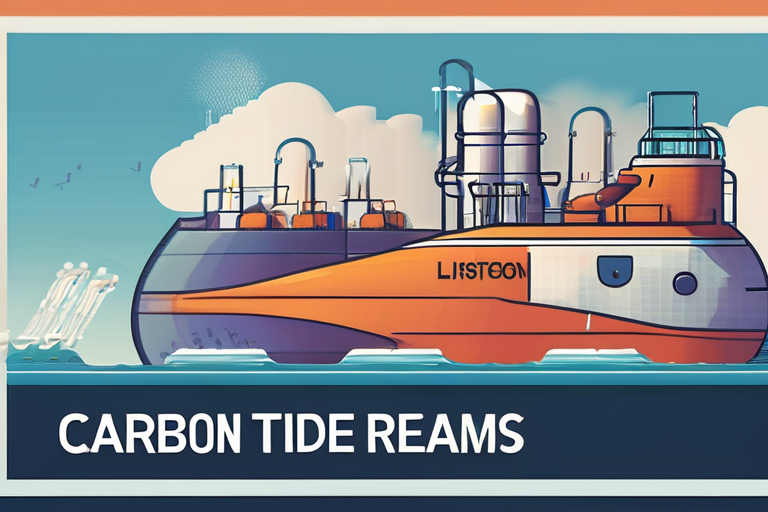
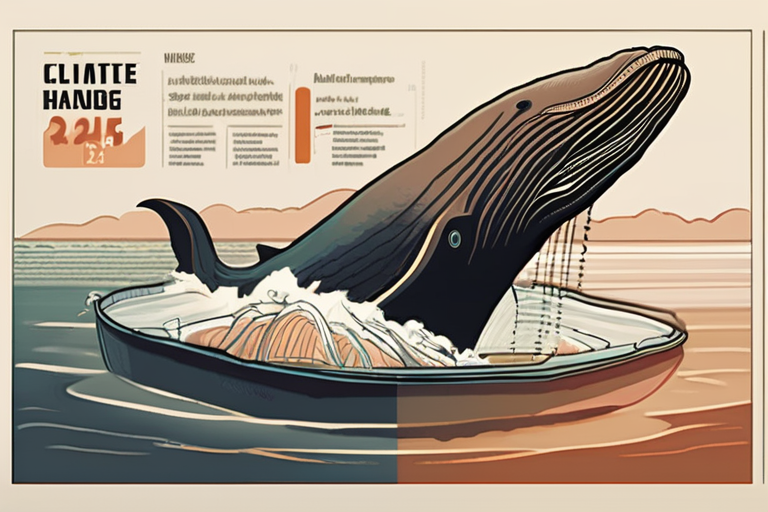


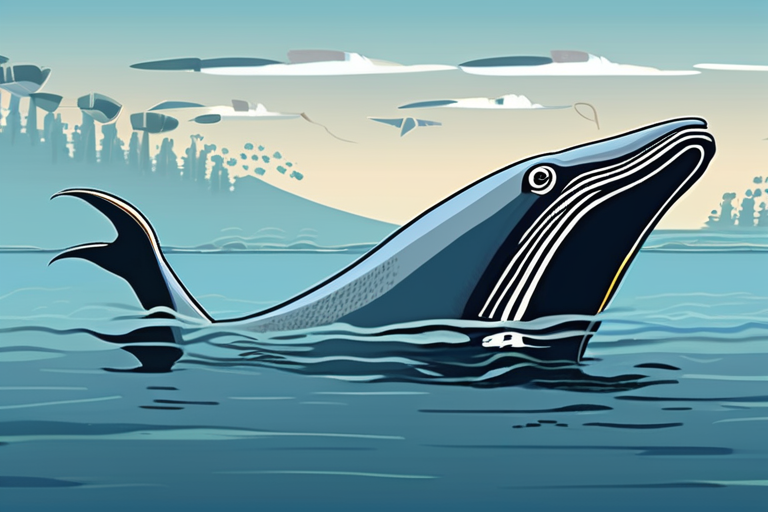
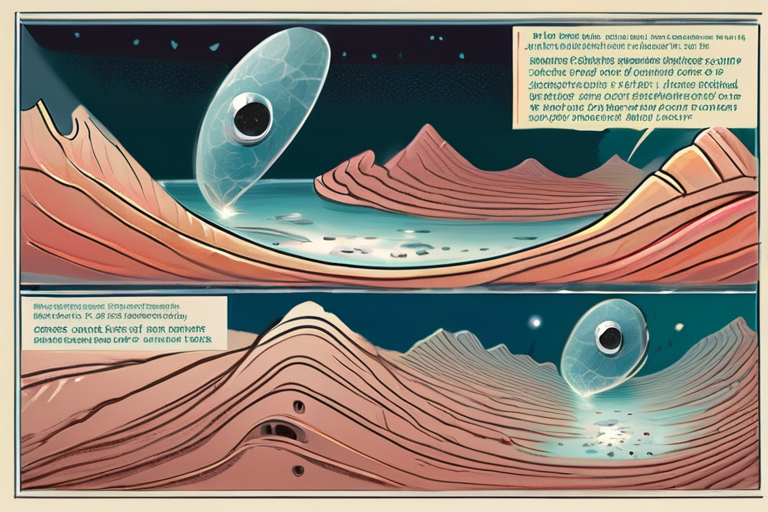
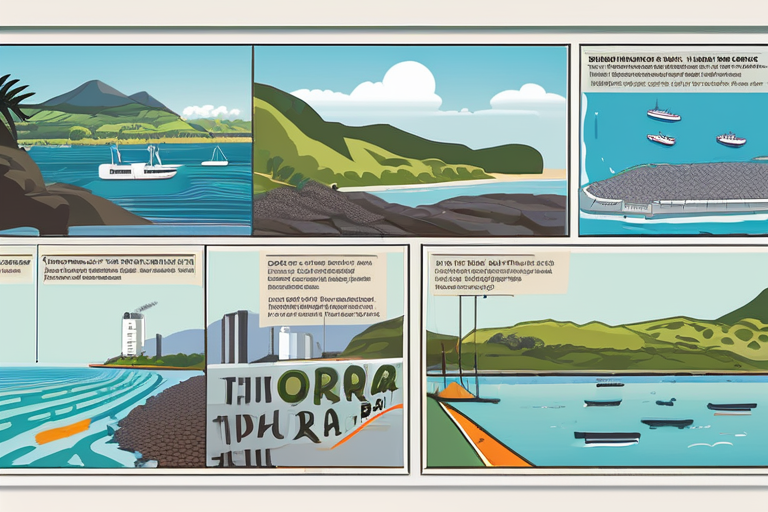
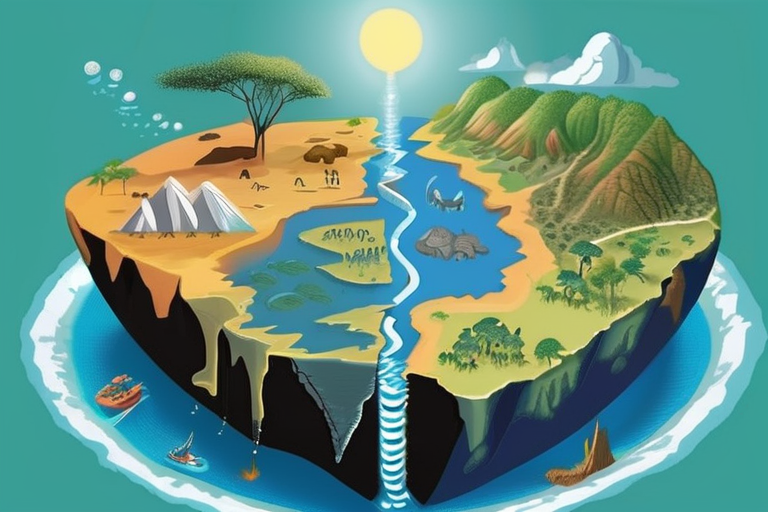
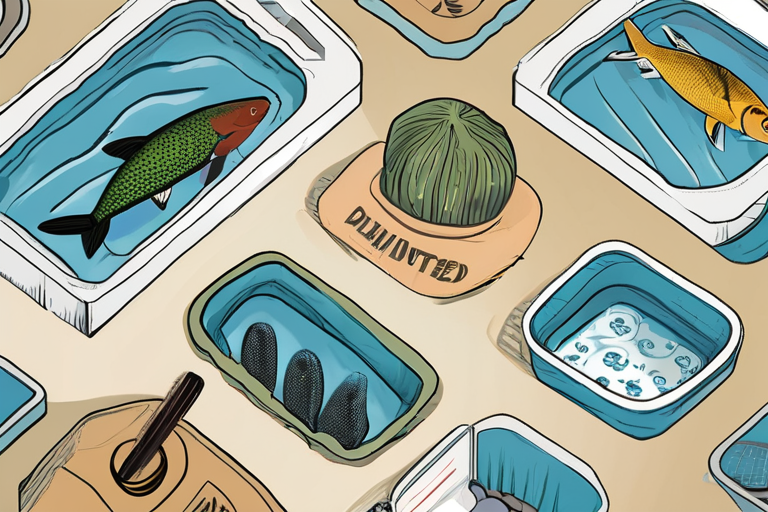

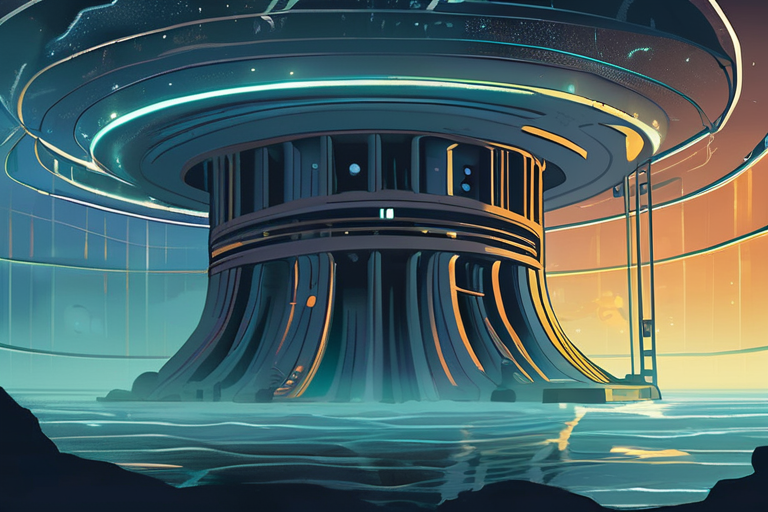
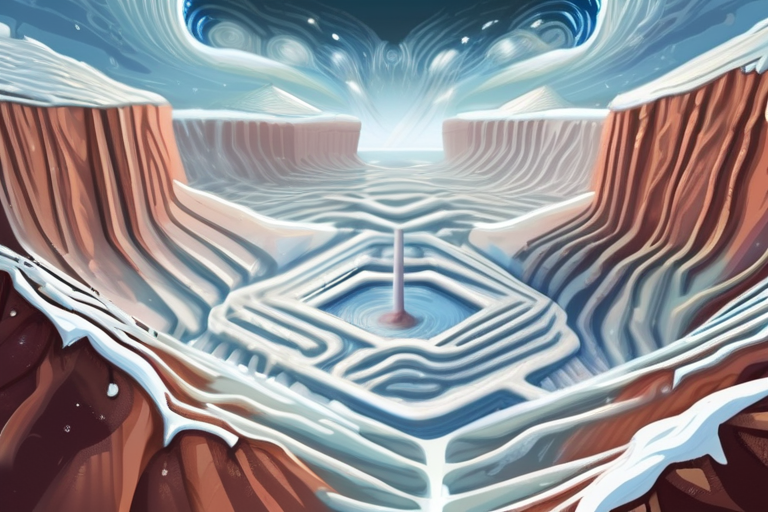
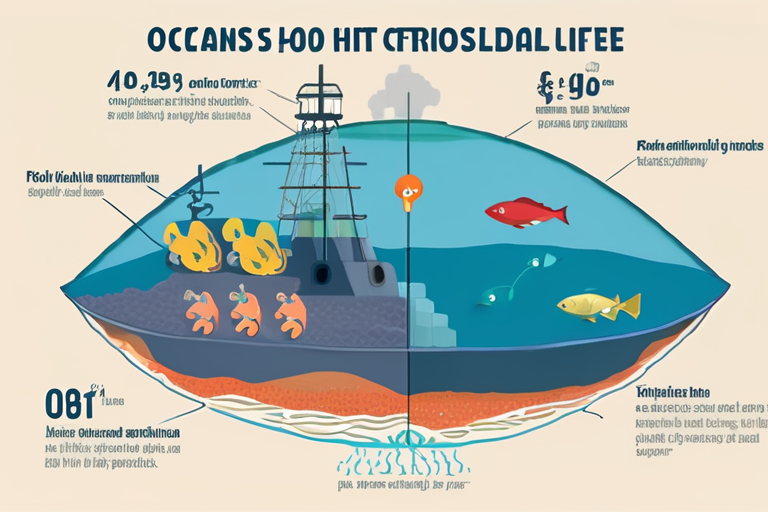
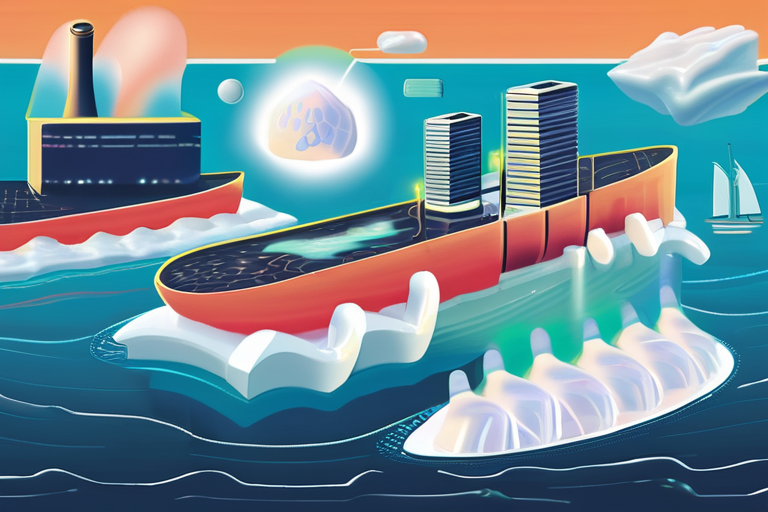
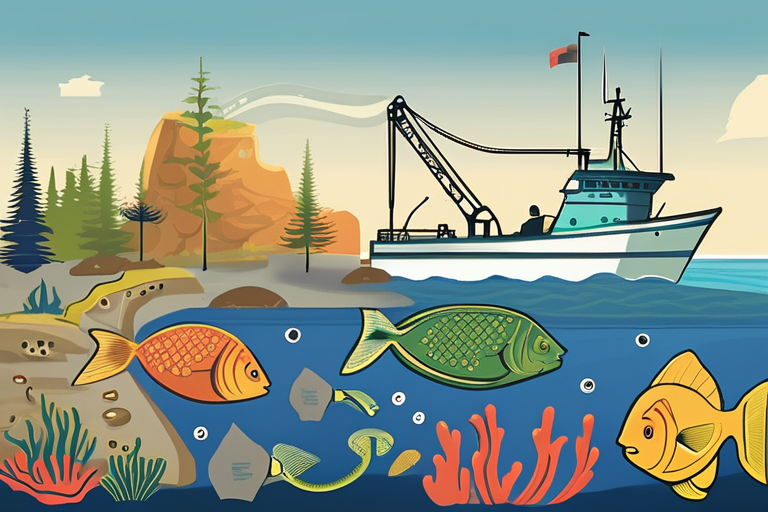



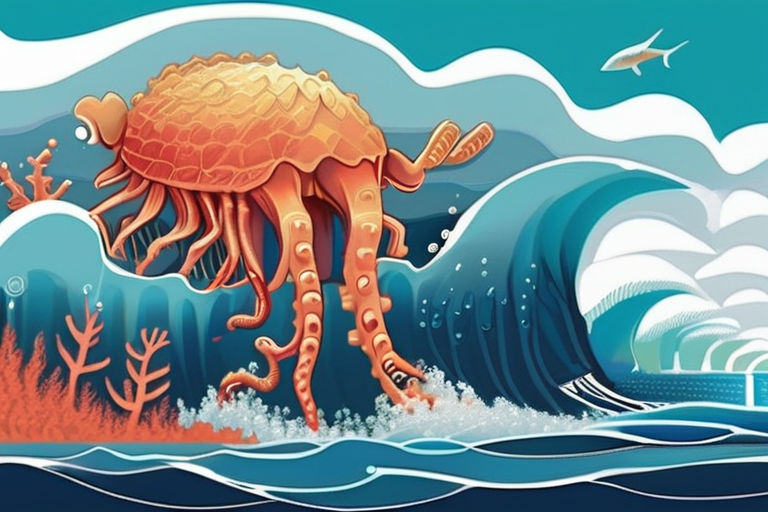
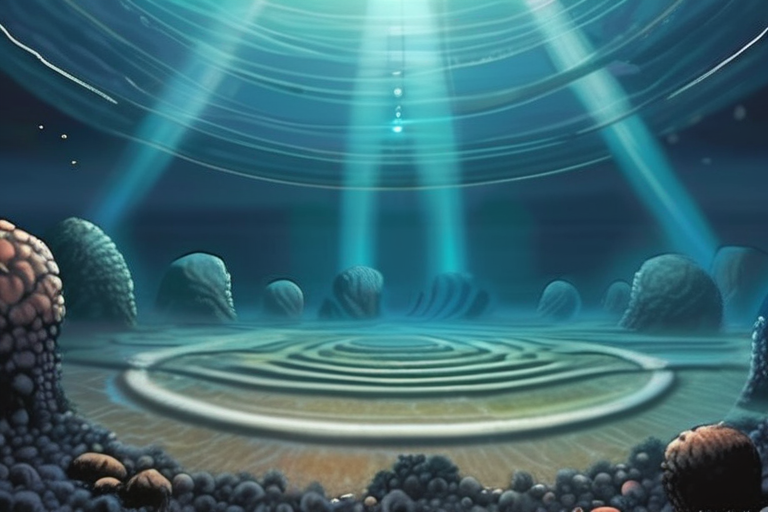
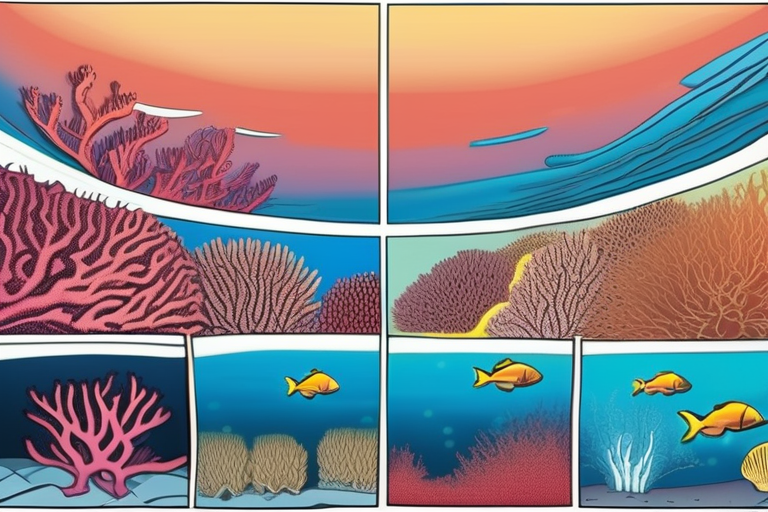
Share & Engage Share
Share this article